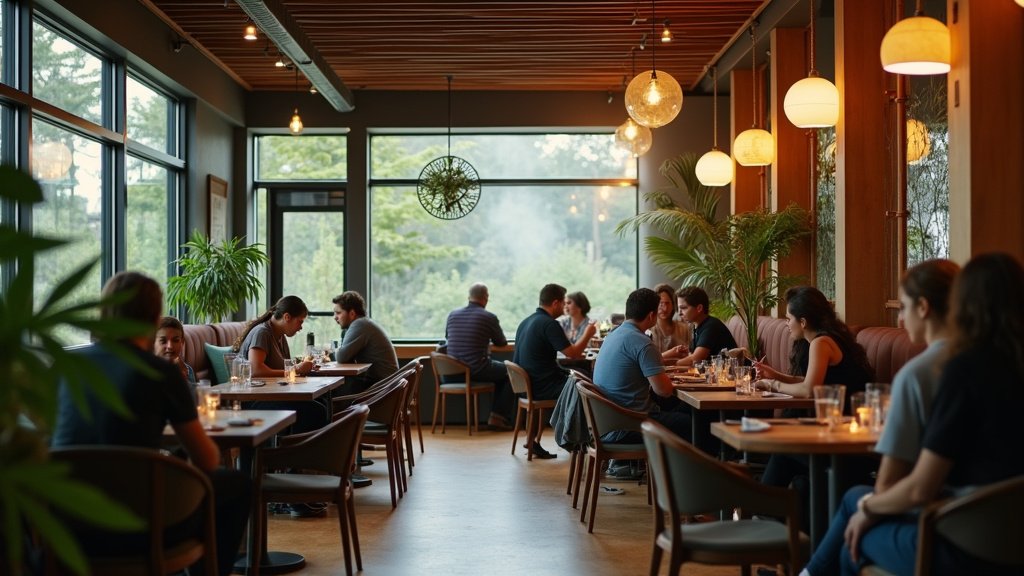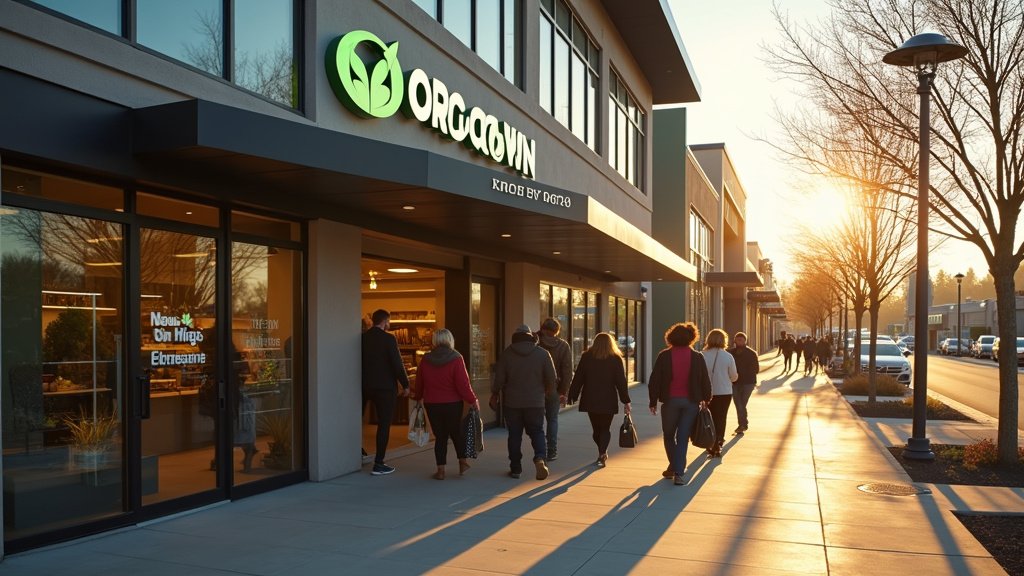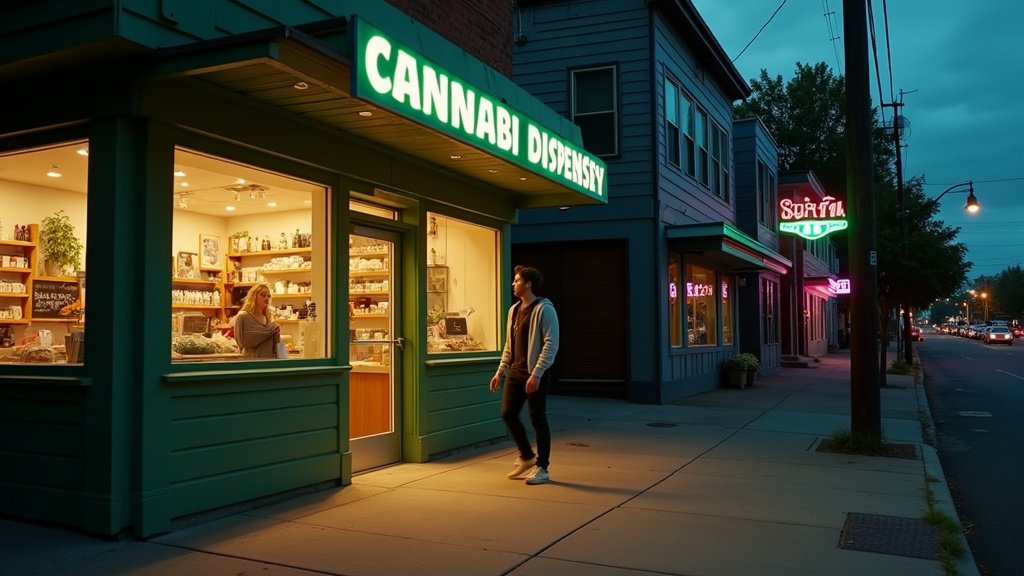Portland, OR – A significant step forward in cannabis reform was marked this week in Oregon, as the Oregon Cannabis Cafe Coalition successfully cleared its final legal hurdle. The attorney general’s office officially approved the group’s draft ballot title on August 7, 2025, paving the way for a direct appeal to voters in the upcoming November 2026 election. This pivotal development sets the stage for what could be a transformative shift in how adults consume marijuana publicly within the state of Oregon.
A Defining Moment for Public Consumption
The approval of the ballot title by the state’s attorney general represents a crucial victory for the Oregon Cannabis Cafe Coalition. This legal clearance signifies that the proposed measure’s language is now finalized and deemed suitable for public consideration, removing a major administrative barrier that often stalls grassroots initiatives. For months, proponents have championed the concept of designated spaces where adults could legally consume cannabis in a social, regulated environment, a vision now closer to reality.
This initiative comes at a time when the landscape of marijuana legislation across the United States continues to evolve, making news headlines as states grapple with the nuances of legalization. Oregon, having been at the forefront of marijuana reform for years, is once again poised to lead with an innovative approach to public consumption that differs from the existing dispensary model. The focus remains squarely on creating a safe, controlled setting for adults to enjoy cannabis without the pitfalls of unrestricted public use.
The Road to the November 2026 Ballot
With the ballot title now secured, the Oregon Cannabis Cafe Coalition is preparing to embark on the demanding task of signature collection. The campaign plans to commence gathering signatures in September 2025, a critical phase that will determine whether the measure ultimately qualifies for the ballot. To earn a spot on the November 2026 ballot, the coalition must successfully collect over 117,000 valid signatures from registered voters across Oregon.
This signature threshold is a substantial undertaking, requiring extensive organization, volunteer effort, and financial resources. Campaigns typically leverage community events, public spaces, and digital platforms to reach the necessary number of signatories. The success of this phase will hinge on the coalition’s ability to mobilize widespread support and effectively communicate the benefits and intentions of their proposal to the general public. Every signature collected moves the initiative closer to a statewide vote, illustrating the power of direct democracy in shaping public policy.
Understanding the Proposed Cannabis Cafe Model
The core of the Oregon Cannabis Cafe Coalition’s proposal is the establishment of legal cannabis cafes where adults would be permitted to consume marijuana in a regulated indoor setting. This distinguishes the proposed establishments from traditional retail dispensaries, which currently allow for the purchase of cannabis products but prohibit on-site consumption. The initiative aims to fill a significant gap in the state’s existing marijuana laws, providing a safe, controlled environment for social consumption that currently doesn’t widely exist.
Crucially, the proposal explicitly states that on-site sales of marijuana products would remain prohibited at these cafes. This means patrons would likely need to purchase their cannabis from a licensed dispensary elsewhere and bring it to the cafe for consumption. This unique model aims to mitigate potential concerns related to overconsumption, public nuisance, and underage access, by separating the retail function from the consumption space. It offers a structured alternative to consuming marijuana in private residences or in unregulated public areas, enhancing safety and social responsibility within the burgeoning cannabis industry.
Oregon’s Role in a Broader National Trend
The progress in Oregon is not an isolated incident but rather part of a broader trend of continued pushes for wider marijuana access across various states. As more jurisdictions move to legalize or decriminalize cannabis, the focus has gradually shifted from mere access to creating regulated environments for consumption. This evolution reflects a growing public acceptance of marijuana and a desire for more sophisticated, socially integrated models for its use.
Oregon has historically been a trailblazer in drug policy reform, and this initiative further solidifies its position as a state willing to explore innovative approaches to cannabis regulation. The potential success of the cannabis cafe model in Oregon could serve as a blueprint for other states considering similar policies, adding a significant new dimension to the national conversation around marijuana reform. The developments in Oregon are thus not just local news, but indicative of a dynamic and evolving national landscape.
Looking ahead, the next year will be critical for the Oregon Cannabis Cafe Coalition. Their ability to meet the signature threshold will determine whether Oregonians get the chance to vote on this groundbreaking measure in November 2026. If successful, it would represent a significant expansion of cannabis rights and offer a new paradigm for social consumption within the state.




